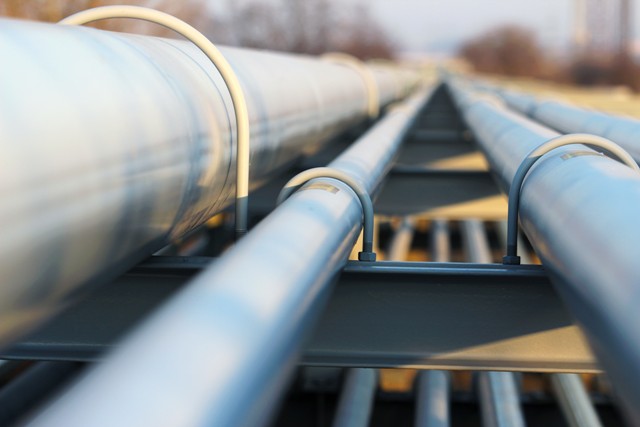SAT, AUG 22 2020-theG&BJournal– Nigeria’s headline inflation maintained its upward trend, as it expanded by 26bps in July 2020 to 12.82% y/y (June: 12.56% y/y), the highest since level since March 2018. Relative to Cordros Research analysts estimate of 12.74%, the out turn was 8bps higher due to a negative surprise from food inflation. From a month ago, headline inflation increased by 4bps to 1.25%, the slowest pace of price growth since March 2020.
Food inflation rose by 30bps to 15.48% y/y in the period under review. We believe the seasonality effect typically associated with the onset of the planting season, as well as flooding in some parts of the country must have negatively influenced the food basket. Core inflation was down by 3bps and 11bps to 10.10% y/y and 0.75% m/m respectively.
Pressures were most significant in the prices of Medical services, Passenger transport by road, Maintenance and repair of personal transport equipment, Paramedical services and Vehicle spare parts. We now see headline CPI at 1.23% m/m in August, with the low base in the corresponding period of 2019 cascading to a 24bps increase in y/y inflation rate to 13.09%. This is hinged on (1) continued flood cases in conjunction with the lean farming season which we expect to translate to higher food prices and (2) increase in ex-depot of PMS Price which we expect to permeate into the economy in the form of higher energy prices and transport cost.
In the CBN’s recently released Monthly Economic Report for the month of April 2020, we highlight that the federally collected revenue for the month of April rose by 25.4% m/m to NGN915.28 billion, but was 30.4% below the NGN1.32 trillion target for the month.
Oil revenue was up by 12.5% m/m to NGN528.43 billion while non-oil revenue was up by 48.8% to NGN386.9bn. As oil receipts usually have a three-month lag, we attribute the increase in oil revenue in April to the higher daily production in January (2.07 mb/d) vs December (1.96 mb/d), which compensated for the 2.3% m/m fall in average price.
The m/m increase in non-oil revenue was driven by the settlement of outstanding corporate income tax due by the NLNG. We expect to see a precipitous decline in federally collected revenue in subsequent reports for May to July, as oil sales contracts which materialised during the period are expected to be much lower owing to the sharp decline in oil price from February to April, and Nigeria’s marginally lower oil production.
|twitter:@theGBJournal|email: info@govandbusinessjournal.com.ng|










